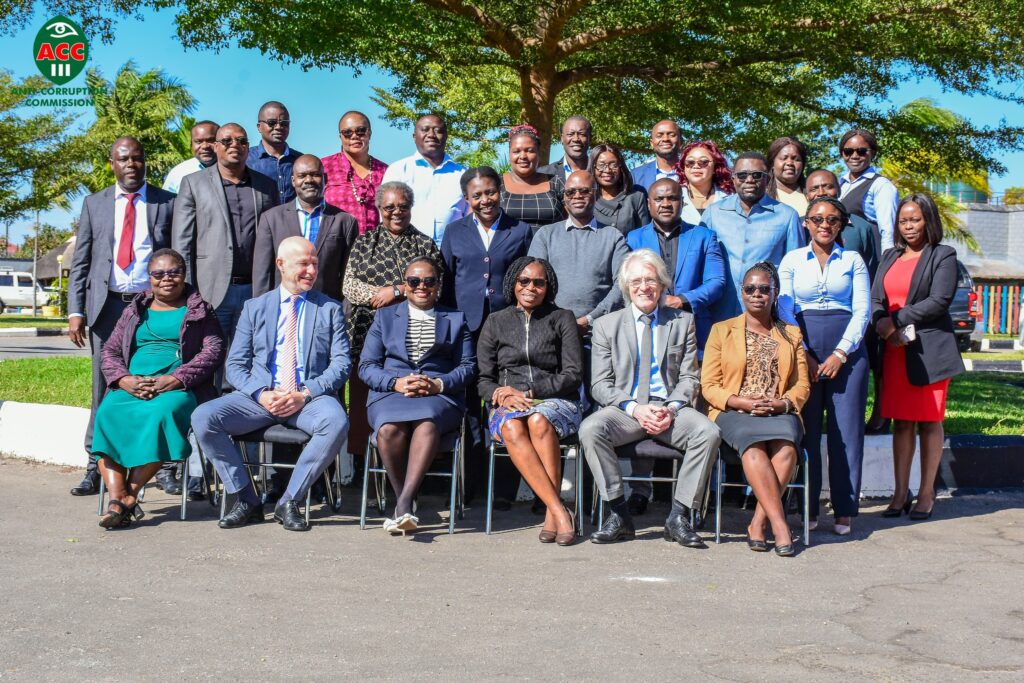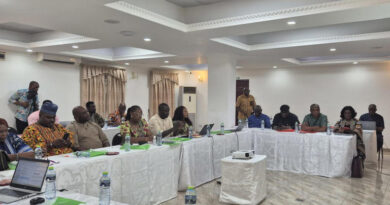ACC Hosts Corruption Risk Assessment Training to Strengthen Anti-Corruption Efforts
The Anti-Corruption Commission (ACC) held a Corruption Risk Assessments (CRAs) training session at the Mika Convention Centre, marking a significant stride in bolstering anti-corruption measures.
Spearheaded by Deputy Director General Mrs. Monica Chipanta Mwansa, the session aimed to equip participants with essential skills and strategies to combat corruption effectively.
Mrs. Mwansa commenced the session by expressing gratitude to the European Union (Twinning Project) and the Open Society Initiative for Southern Africa (OSISA) for their invaluable technical and financial support in facilitating the workshop.
Acknowledging the positive participation of ACC regional managers and officers from various regions, Mrs. Mwansa underscored the pivotal role these individuals play in overseeing officers conducting CRAs in their respective regional offices.
“This workshop is paramount in equipping you with the knowledge to identify areas vulnerable to corruption within both public and private institutions, and to devise effective strategies to mitigate these risks,” she remarked.
Emphasizing Zambia’s commitment to Article 9 of the United Nations Convention Against Corruption (UNCAC), Mrs. Mwansa highlighted the necessity of establishing effective risk management and internal control systems to foster transparency and accountability in public finance management.
Furthermore, Mrs. Mwansa referenced the legal foundation for conducting CRAs in Zambia, citing the Anti-Corruption Act No. 3 of 2012, specifically section 6(1)(a)(i), which mandates these assessments.
“This training workshop will equip officers with the requisite skills to conduct CRAs effectively, thereby preventing corruption,” she affirmed.
The workshop aims to enhance the skills of ACC officers in conducting Corruption Risk Assessments, thereby reinforcing the Commission’s mandate to uphold integrity and accountability within both public and private institutions.



